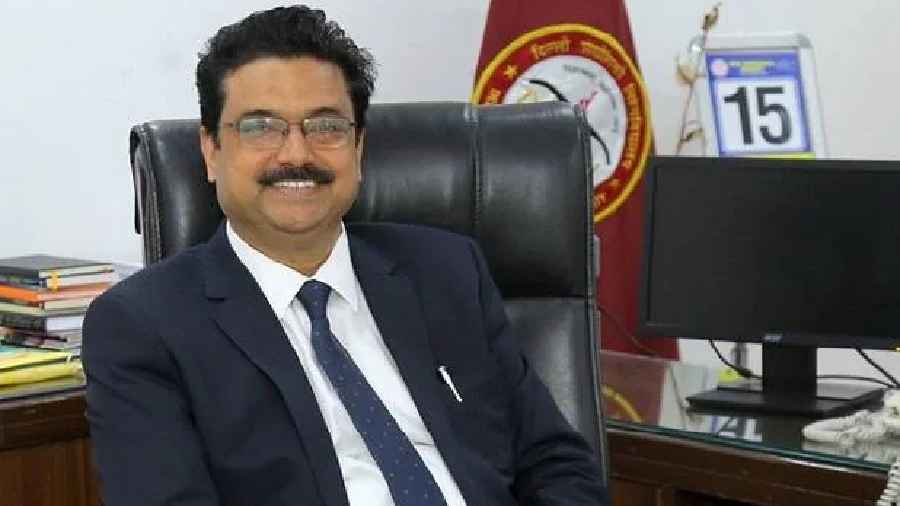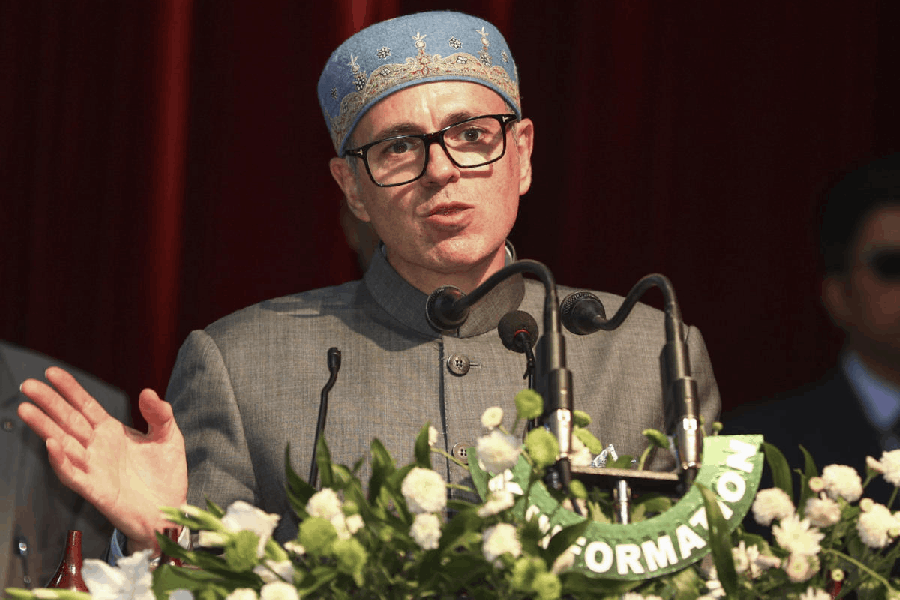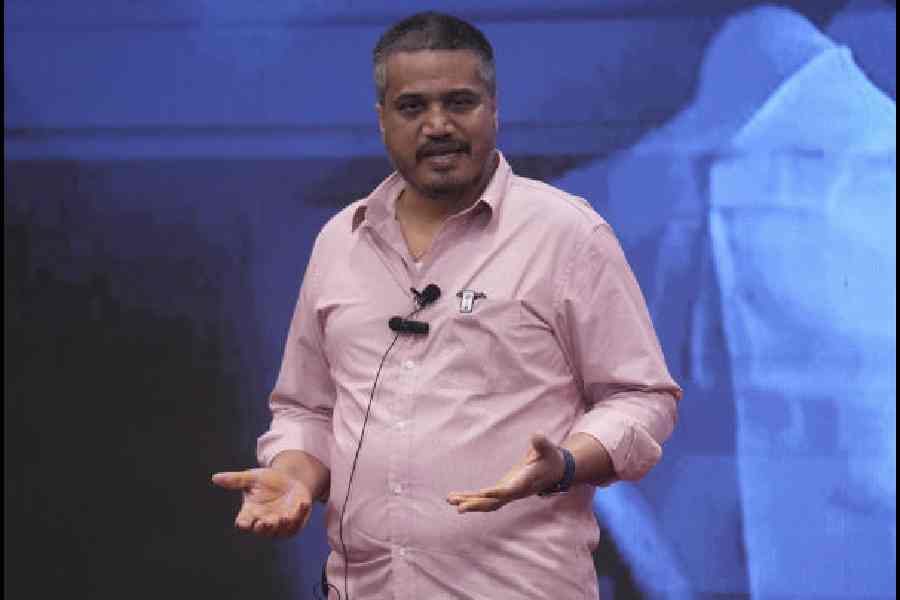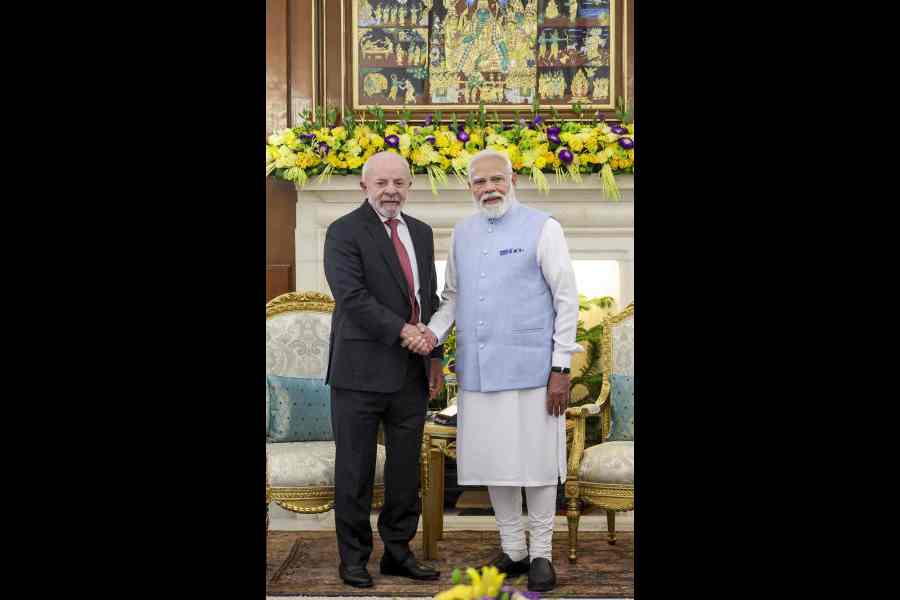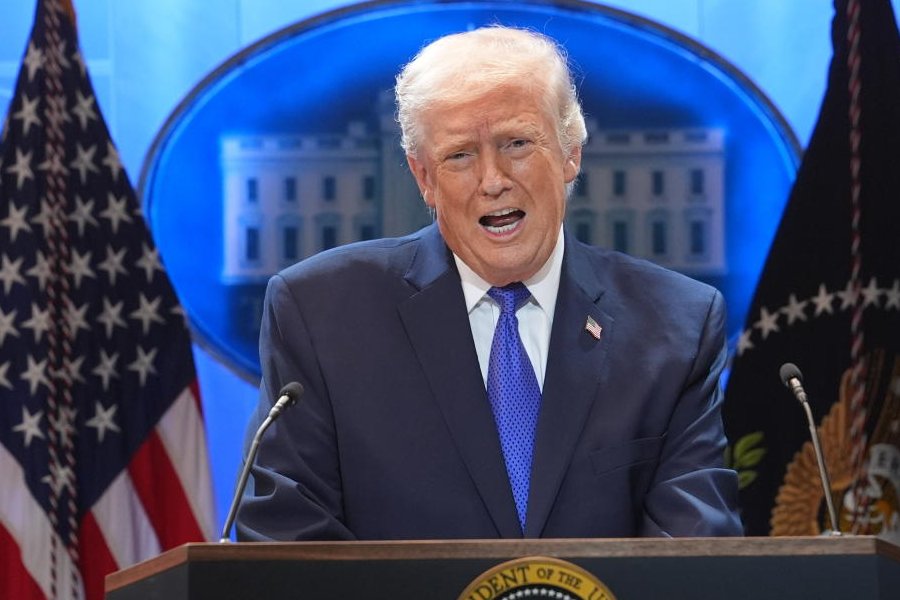Delhi University Vice Chancellor Yogesh Singh on Tuesday said Hindi is the soul of India and its prevalence is increasing day by day.
Speaking at an event to celebrate World Hindi Day, Singh noted that Prime Minister Narendra Modi during his visits to foreign countries addresses in Hindi and the value of the language increases.
"Hindi is the language of love and personal touch; It is the language of our mind. Hindi is a popular, easy and simple language, let it be like that. Hindi is the soul of India. It did not get the same support from leaders of North India," Singh said.
He said at present, considering that south Indian language films are getting translated in Hindi and 30 per cent content on OTT platforms like Netflix is in Hindi as a positive influence, the prevalence of Hindi is increasing day by day.
"When the prime minister of India addresses foreign countries in Hindi, the value of Hindi increases. By 2047, India will have to become a developed nation. With that, the splendour of Hindi will automatically increase," Singh said.
The lecture was organized on World Hindi Day by the Bhartiya Bhasha Samiti under the aegis of the University of Delhi Centenary Celebrations Committee.
Speaking on the occasion, Dr Sachchidanand Joshi, member secretary, Indira Gandhi National Centre for the Arts (IGNCA) said in today's era, there is a need to make content and curriculum in colloquial language.
Joshi emphasized on enriching Hindi's vocabulary, said "we have to include technical words of other languages in Hindi's vocabulary".
Regarding the importance of mother tongue in the National Education Policy 2020, he said due to non-availability of curriculum in local languages, children studying in rural government schools are deprived of higher education.

